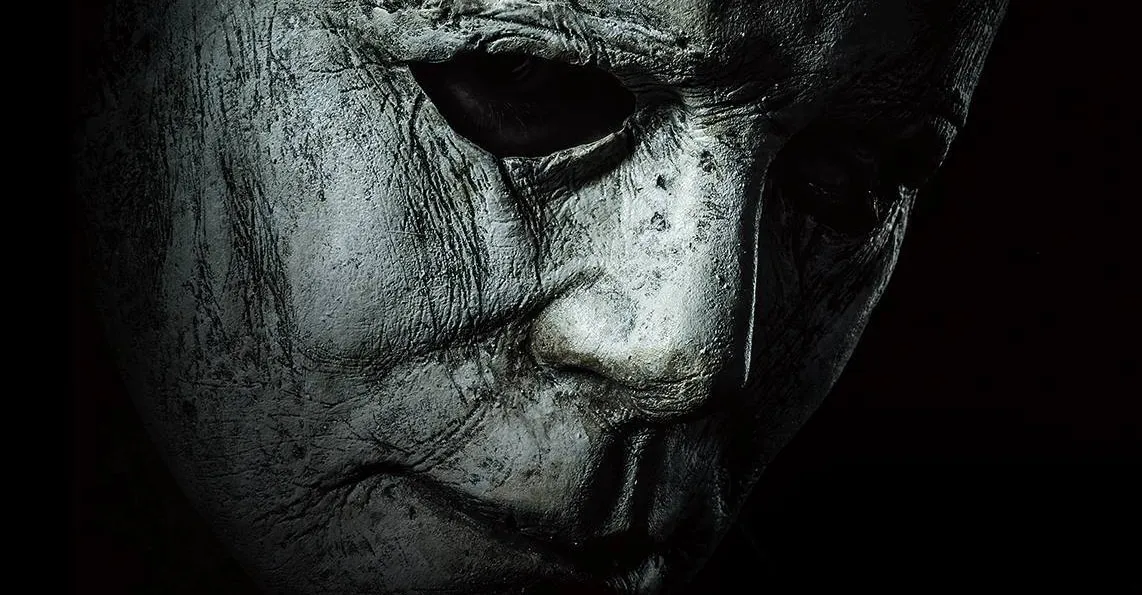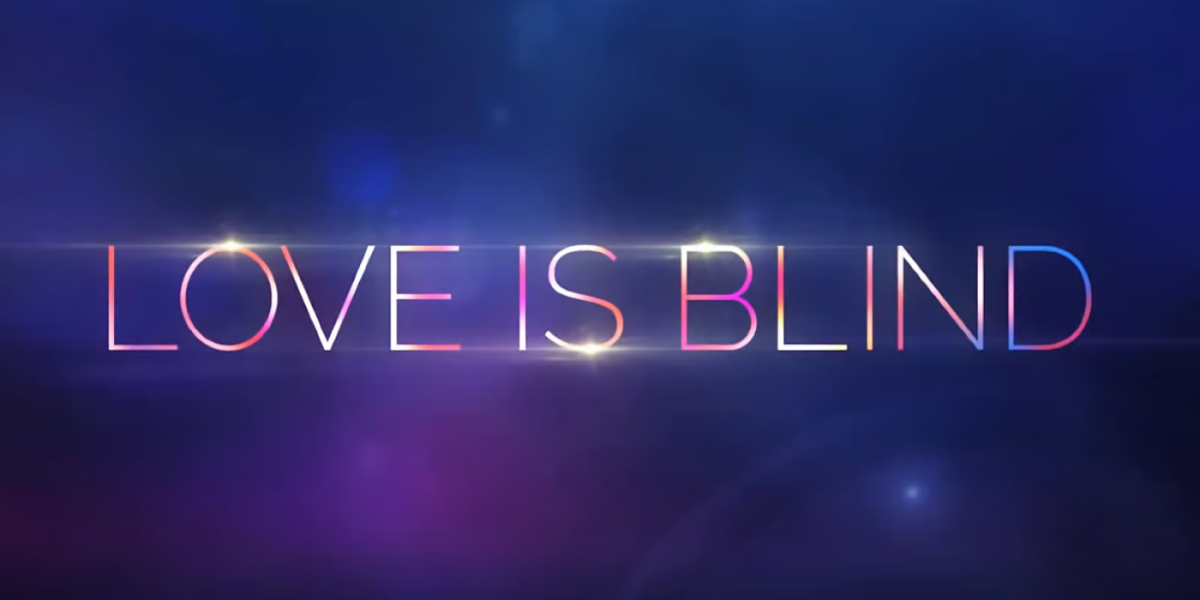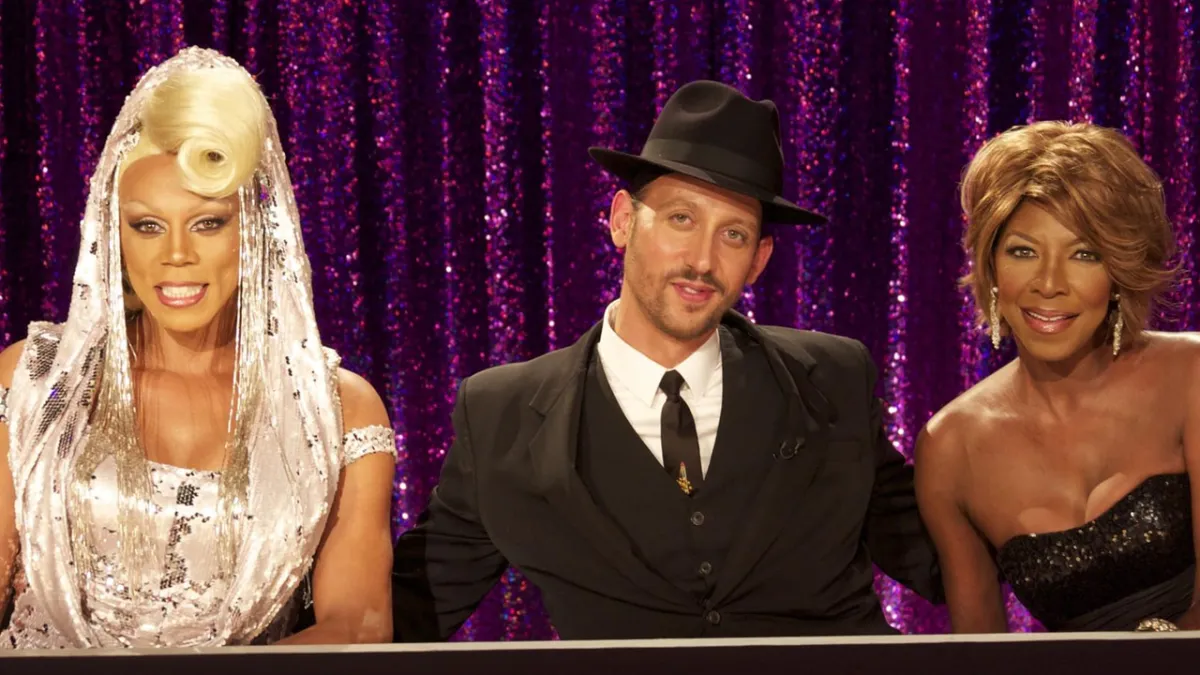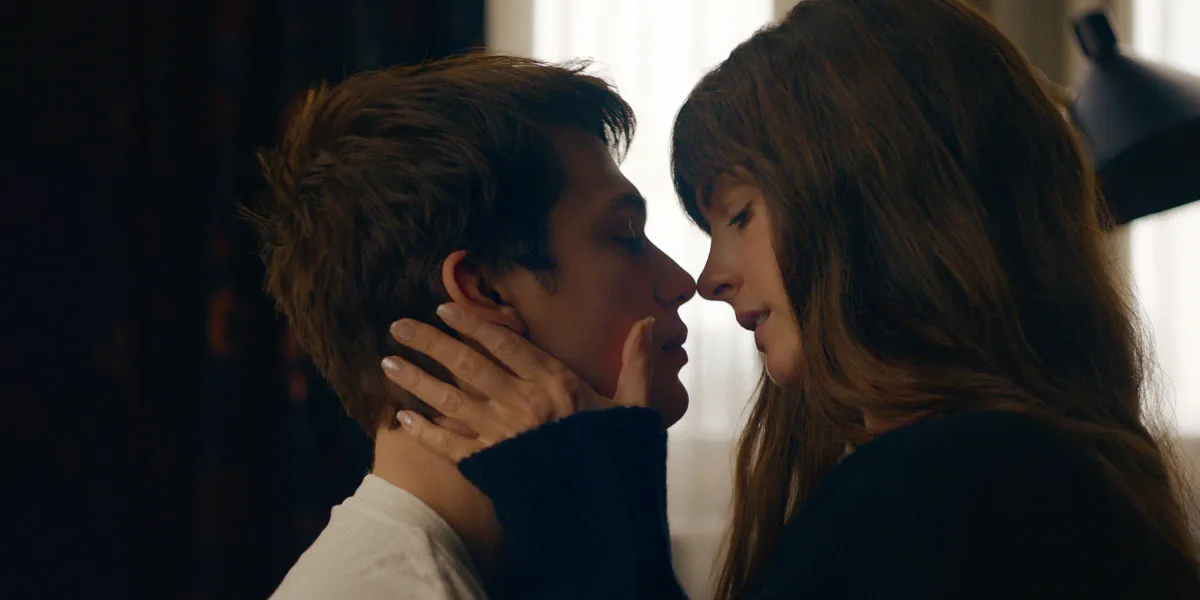Occasionally a particular Hollywood trend becomes so pronounced and so prevalent that it demands a new term.
To pick an obvious example, the word “prequel” can trace its roots back to at least 1958, when Anthony Boucher used the term in an article of The Magazine of Fantasy & Science Fiction to describe one of James Blish’s stories. However, the term was still novel enough in 1984 that New York Times film critic Vincent Canby struggled with how best to describe Indiana Jones and the Temple of Doom’s chronological relationship to Raiders of the Lost Ark. He settled on “pre-sequel.”
These days, particularly in the wake of George Lucas’ second Star Wars trilogy, it is unimaginable that a working film critic wouldn’t have the word “prequel” at hand to describe a franchise installment set before the events of a previous entry in the series. There are other similar terms that have entered the cultural lexicon to reflect the increasing intricacy of Hollywood franchising, words like “reboot” or “legacyquel” that reflect a particular approach to the source material.
It seems like another trend has become common enough to justify the application of a new term. It is the “rebooted sequel,” a franchise installment that combines the best aspects of both the “reboot” and the “sequel” by erasing multiple later installments in a franchise to start over as a direct sequel to a popular and earlier installment. From a studio’s perspective, it is essentially the best of both worlds. It retains the accessibility and freedom of a reboot, but with the brand loyalty of a sequel.

“Rebooted sequel” is a clunky term. For convenience, and to keep with the -quel naming convention, it might be easier to call them requels as they are essentially redone (or revised or revisited) sequels. The term “requel” feels like a good fit. (The term was briefly suggested in 2015 to apply to a slightly different phenomenon, but it never caught on.) If the plan is to reboot a franchise’s sequels all the way back to the original film, then that process could be described as “a total requel.” (I regret nothing.)
It is perhaps easiest to illustrate the trend with some examples. In February 2015, it was announced that director Neil Blomkamp would be directing a new Alien movie, but one that would serve as a direct sequel to James Cameron’s Aliens while erasing David Fincher’s Alien 3 and Jean-Pierre Jeunet’s Alien: Resurrection from continuity. As actor Michael Biehn explained, “The basic idea is acting like Alien 3 and 4 never existed.”
Blomkamp had planned to bring back the characters of Hicks (Biehn) and Newt (Carrie Henn), popular characters from Aliens who had been killed off-screen before Alien 3 even began. (There is some irony in the fact that erasing Alien 3 from continuity would be the ultimate validation of the underrated third film’s nihilistic worldview.) However, Blomkamp’s plan to essentially reboot the Alien franchise by about three decades never progressed past the initial pitch.
This approach to franchise management was too obviously appealing to remain an abstract possibility. In October 2018, Blumhouse released David Gordon Green’s Halloween. As the name implies, the film is part of the larger Halloween franchise dating back to John Carpenter’s 1978 original. It was not the first sequel to the franchise, actually serving as the tenth film in the series (excluding Halloween III: Season of the Witch). It was also not the first reboot, as it directly followed Rob Zombie’s two (controversial) reboot films.

Green’s Halloween presents itself as the first and only sequel to John Carpenter’s Halloween. Writer Danny McBride stated that the creative team was “ignoring all the films past the first one.” This allowed the film to revise various controversial elements of the later Halloween sequels and get “back to basics” in classic Hollywood parlance. It allowed the film to cash in on all the good will towards the original, with none of the baggage of the sequels.
Laurie Strode no longer died in Halloween Resurrection, so Jamie Lee Curtis could return as the lead in Green’s Halloween. Curtis and Strode are almost as iconic as Michael Myers and his haunting white mask. Curtis herself is Hollywood royalty. The actor has described Strode as “the original final girl,” and while it might not be technically accurate, it is certainly fair in terms of public perception. Strode is still considered “the paradigm” of the trope and “the greatest final girl there ever was.”
Green’s Halloween streamlined the mythology, with the script even drawing attention to some of the more prominent revisions. At one point, Vicky (Virginia Gardner) asks Laurie’s granddaughter Allyson (Andi Matichak), “Wasn’t it her brother who, like, cold-blooded murdilated all those teenagers?” It’s an allusion to the revelation that Laurie and Michael were siblings in Halloween II. Allyson dismisses the suggestion as “a bit that some people made up to make them feel better.”
The approach worked. Green’s Halloween enjoyed the second highest October opening weekend ever and Blumhouse’s highest opening weekend ever. It earned $255M on a $10M budget. It earned the second-best reviews in the franchise behind only the original. Blumhouse immediately commissioned two sequels, Halloween Kills and Halloween Ends, the first of which is currently scheduled to release this October. This sort of success was too much for Hollywood to ignore.

Last August, it was reported that Morgan’s Creek was working on a reboot of classic horror The Exorcist. In December, it was announced that Blumhouse was part of the equation and had brought on Green to direct a sequel to The Exorcist. Last week, it was confirmed that the parties would split the difference. Universal would pay $400M for a trilogy of sequels to the original film with returning star Ellen Burstyn. This is a major investment, comparable to the deals on the Avatar sequels.
The obvious model here was Green’s collaboration with Blumhouse on the recent Halloween requel. Notably, Burstyn did not appear in any of the various sequels and spin-offs from the original Exorcist film. Producer Jason Blum confirmed to Den of Geek that the project was “going to be like David’s Halloween sequel.” Green was a bit more coy, acknowledging that his project would be a direct sequel to the original film, but also that the other sequels would fall into “acceptable mythology.”
There are other examples. Terminator 3: Rise of the Machines, Terminator: Salvation, Terminator: Genisys, and Terminator: Dark Fate compose four separate attempts to make a direct sequel to Terminator 2: Judgment Day. RoboCop Returns will reportedly be a direct sequel to the original. David Blue Garcia and Fede Alvarez are working on a Texas Chainsaw Massacre film that will be a direct follow-up to Tobe Hooper’s original, erasing the sequels and reboots.
The rise of the requel is a somewhat frustrated development, even if it feels like the logical synthesis of larger trends within the entertainment industry. Most notably, the emphasis that the requel places on the sanctity of the original film, and the care it takes to displace or supplant previous sequels in continuity, demonstrates the extent to which “the canon” and the challenges around it have become a guiding force in terms of working with established intellectual property.

It also demonstrates the extent to which Hollywood’s obsession with established intellectual property has become a cannibalistic feeding frenzy. Hollywood has become so hungry for established material that studios need to take second, third, and fourth bites at the same apple. Eventually, Hollywood will run out of viable franchises to reinvent. The requel provides an obvious solution to this potential problem. Jaws seems like an obvious candidate for this treatment.
The original Halloween and The Exorcist have real cultural cachet, but Hollywood messed up its first attempts to franchise them, so why not call a mulligan and a do-over on it? This resetting of the clock allows studios to pander to nostalgia uncomplicated by the choices made in the intervening years. It’s worrying on a number of levels, most obviously because it prevents these franchises from having to grow and evolve, allowing them to get stuck replaying the same beats over and over.
More to the point, this approach favors aesthetically conservative interpretations of classic franchises. The Exorcist sequels are a mixed bunch, to put it extremely charitably. However, there is some really great stuff in there, most notably William Peter Blatty’s The Exorcist III, which was recently restored as Legion. It’s a provocative film, and it should not be erased because its aesthetics don’t conform to the popular memory of the original Exorcist.
In a cultural landscape where the continuity of these entertainment franchises is curated like holy texts, determining what does and doesn’t “count” is often a statement about power. As such, these judgments about what films are important are statements that prioritize an idealized past ahead of a complicated present. If nothing else, this trend towards requels demonstrates that it’s easier to look backwards than it is to press forwards.





